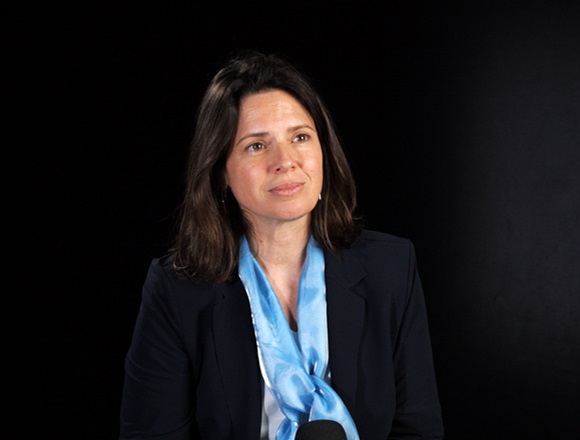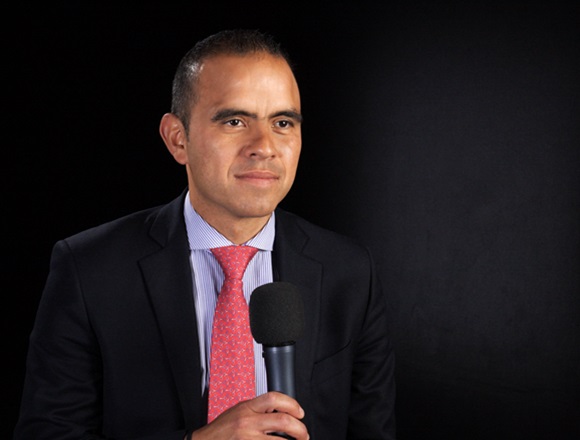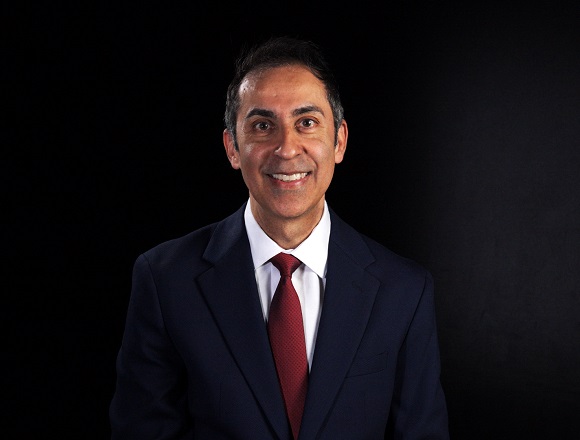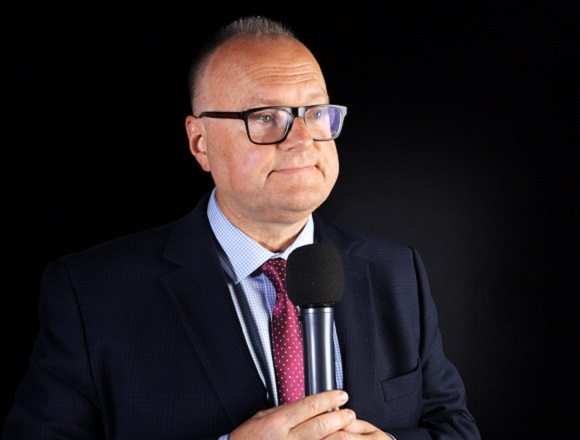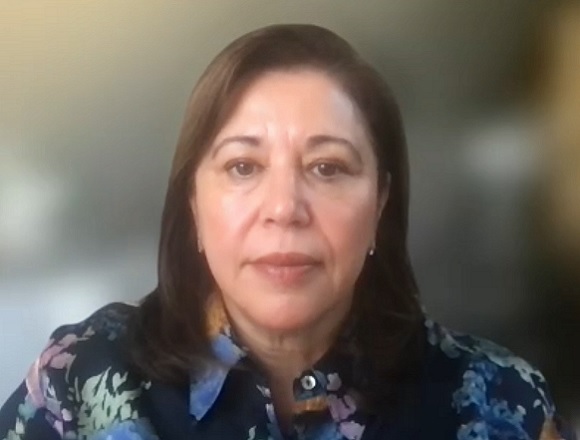René Rodríguez-Gutiérrez, MD, is a professor of medicine at the Autonomous University of Nuevo León in Mexico and associate professor at Mayo Clinic, USA. His research interests include insulin resistance and glycemic control in type 2 diabetes.
Can diabetic ketoacidosis (DKA) develop in a patient with type 2 diabetes?
René Rodríguez-Gutiérrez, MD: That’s a very interesting question because we usually think about DKA in type 1 diabetes, but as evidence has shown, DKA is even more frequent in type 2 diabetes. What happens is that, for sure, there has to be an absolute insulin deficiency for us to have DKA. But what happens in patients with type 2 diabetes is that they have a precipitating cause, which usually increases these contributory hormones such as cortisol and adrenaline, which actually makes the patients insulin deficient. Then the cascade of DKA can come up.
So, definitely yes: [DKA is] many times even more frequent than hyperglycemic hyperosmolar state (HHS) in patients with type 2 diabetes.
 English
English
 Español
Español
 українська
українська

